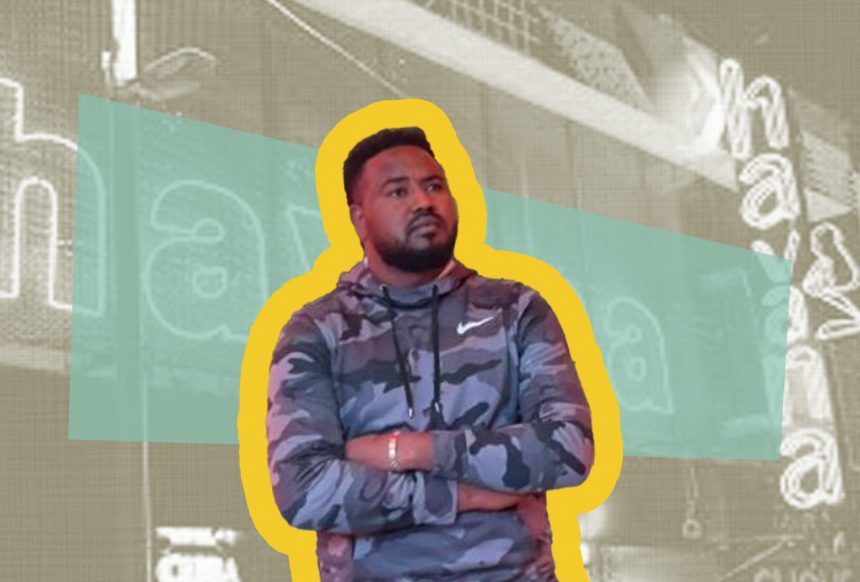It’s not the first time that the role of bouncers in Malta, particularly in nightlife hubs like Paceville, has been a subject of public debate. Despite a legislative bill being proposed and postponed for years, it’s crucial to understand the legal powers granted to bouncers under Maltese law as it currently stands.
The bill regulating the bouncers in Malta
Under the “Private Guards and Community Officers Act” (Chapter 389), the legal position of bouncers in Malta is clearly defined. Central to this framework is the licensing requirement: no individual can operate or be employed as a private guard, which includes bouncers, without an appropriate licence. This requirement is a step towards ensuring that only trained and vetted individuals are in charge of public safety in entertainment venues.
Bouncers have the authority to manage entry to venues. They can exercise the right of refusal, preventing individuals known to cause disturbances or those who refuse to provide identification from entering. This power extends to individuals displaying violent behaviour due to intoxication. In instances of disturbance, bouncers are also empowered to detain individuals until the police arrive, albeit using only the minimum force necessary.
The Act stipulates that bouncers in Malta can exercise minimum force only where necessary to prevent disturbances or manage unruly patrons. This provision aims to balance the need for security with the rights of individuals to fair and humane treatment. In cases of detention, the bouncer’s role is to hold the individual until law enforcement arrives, not to mete out punishment or engage in physical altercations.
A crucial aspect of the legal framework is the requirement for indemnity insurance, which covers any liability for loss or damage caused by the actions or omissions of the bouncer, providing a financial safeguard for those affected by any potential misconduct.
Role of the Police
In light of the incident involving Ahmed Albarjo, it’s important to analyse the actions of the police officers in accordance with Maltese law. The primary responsibility of the police in such situations is to maintain public order and safety. When confronted with a situation like Albarjo’s, where an individual reports an assault, the officers are expected to assess the situation, provide immediate assistance if needed, and guide the victim in taking appropriate legal steps.
In this case, the officers advised Albarjo to file a report at the police station, which is a standard procedure. However, the question arises whether they could have taken additional steps, such as accompanying Albarjo to the nightclub to assess the situation or ensure his safety. The officers’ decision to not intervene directly might be scrutinised in terms of their duty to protect individuals and prevent further incidents of violence.
The Importance of Not Taking the Law into One’s Own Hands
The incident also raises the issue of individuals taking the law into their own hands. Albarjo’s decision to return to the nightclub, despite the risk and the police’s advice, led to a further escalation of violence. It’s important to stress the dangers and legal implications of such actions. While the frustration and sense of injustice in such situations are understandable, resorting to self-help can exacerbate the situation, leading to further harm and legal complications for the individual.
Emphasizing legal recourse and trust in the justice system is essential. Encouraging the public to report incidents to the authorities and follow legal procedures for redressal can help prevent such situations from escalating.

Recognizing the challenges in Paceville, it’s clear that bouncers play a pivotal role in maintaining order. However, it’s equally important to ensure that their actions stay within legal boundaries and involve only necessary force, avoiding excessive measures. The safety of the public and the integrity of Malta’s nightlife are reliant on striking a careful balance between authority and restraint.

Leave a Reply